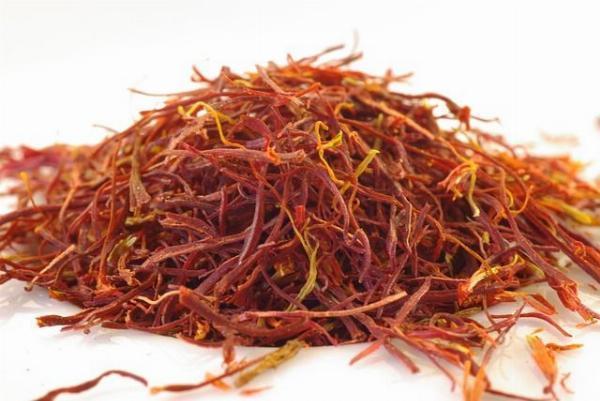 Smart Link Building – DA 50+ Backlinks with Fast Indexing!
Smart Link Building – DA 50+ Backlinks with Fast Indexing!
Thai Pongal: Celebrating the Harvest Festival of Tamil Nadu
Written by Aditya Pandey » Updated on: June 17th, 2025 424 views

Introduction:
In the vibrant state of Tamil Nadu, the festival of Thai Pongal holds a special place in the hearts of the people, marking the onset of the harvest season and celebrating the bountiful blessings of nature. Observed with great enthusiasm and reverence, Thai Pongal is a time for joyous festivities, family gatherings, and expressions of gratitude towards the earth and its abundance. Join us as we delve into the rich traditions and cultural significance of Thai Pongal, a festival that encapsulates the spirit of thanksgiving and communal harmony.
The Significance of Thai Pongal:
Thai Pongal, also known as the "Harvest Festival," is celebrated annually in the Tamil month of Thai (January) to express gratitude to the sun god, Surya, for providing bountiful harvests and prosperity. The word "Pongal" refers to the traditional dish of sweet rice pudding cooked with milk, jaggery, and an assortment of nuts and spices, which is prepared as an offering to the deities and shared among family and friends as a symbol of abundance and goodwill.
Traditions and Rituals:
The festivities of Thai Pongal typically span over four days and are marked by various rituals and customs. The first day, known as Bhogi Pongal, is dedicated to cleansing and purifying homes, discarding old belongings, and ushering in new beginnings. The second day, Thai Pongal, is the main day of celebration when the Pongal dish is prepared in earthen pots outdoors, symbolizing prosperity and abundance. The third day, Mattu Pongal, is dedicated to honoring cattle, which are integral to agricultural life, with special baths, decorations, and feasts. The final day, Kaanum Pongal, is a time for family outings, picnics, and reunions, as people gather to celebrate the bond of kinship and friendship.
Cultural Celebrations:
Thai Pongal is more than just a religious festival; it is a celebration of Tamil culture, heritage, and community spirit. Homes are adorned with colorful kolam (rangoli) designs, and streets come alive with processions, folk dances, and music performances. Traditional games and sports such as bull-taming (Jallikattu) and kite-flying add to the festive fervor, as people of all ages participate in these time-honored customs that have been passed down through generations.
Unity in Diversity:
Thai Pongal transcends religious and cultural boundaries, embodying the spirit of unity in diversity that is characteristic of Indian festivals. While it is primarily celebrated by the Tamil community, people from all walks of life come together to partake in the joyous festivities, sharing in the spirit of gratitude, generosity, and goodwill. Thai Pongal serves as a reminder of the interconnectedness of all beings and the importance of living in harmony with nature and each other.
Conclusion:
As the sun rises over the fields of Tamil Nadu, illuminating the golden grains of rice ready for harvest, the people of the land gather to celebrate Thai Pongal with fervent devotion and jubilation. It is a time of abundance, gratitude, and communal harmony, as families come together to offer thanks for the blessings of nature and the fruits of their labor. Thai Pongal exemplifies the timeless values of resilience, gratitude, and unity that have sustained the Tamil culture for centuries, making it a cherished festival that continues to inspire and uplift hearts across the world.
Note: IndiBlogHub features both user-submitted and editorial content. We do not verify third-party contributions. Read our Disclaimer and Privacy Policyfor details.
Copyright © 2019-2025 IndiBlogHub.com. All rights reserved. Hosted on DigitalOcean for fast, reliable performance.

















